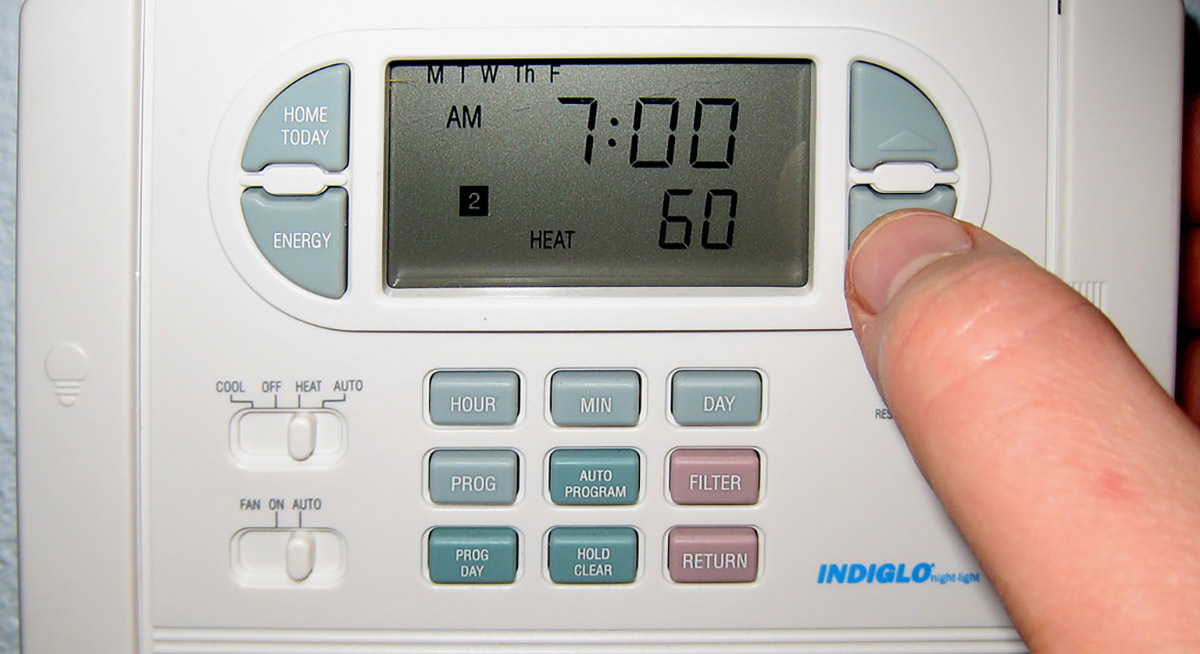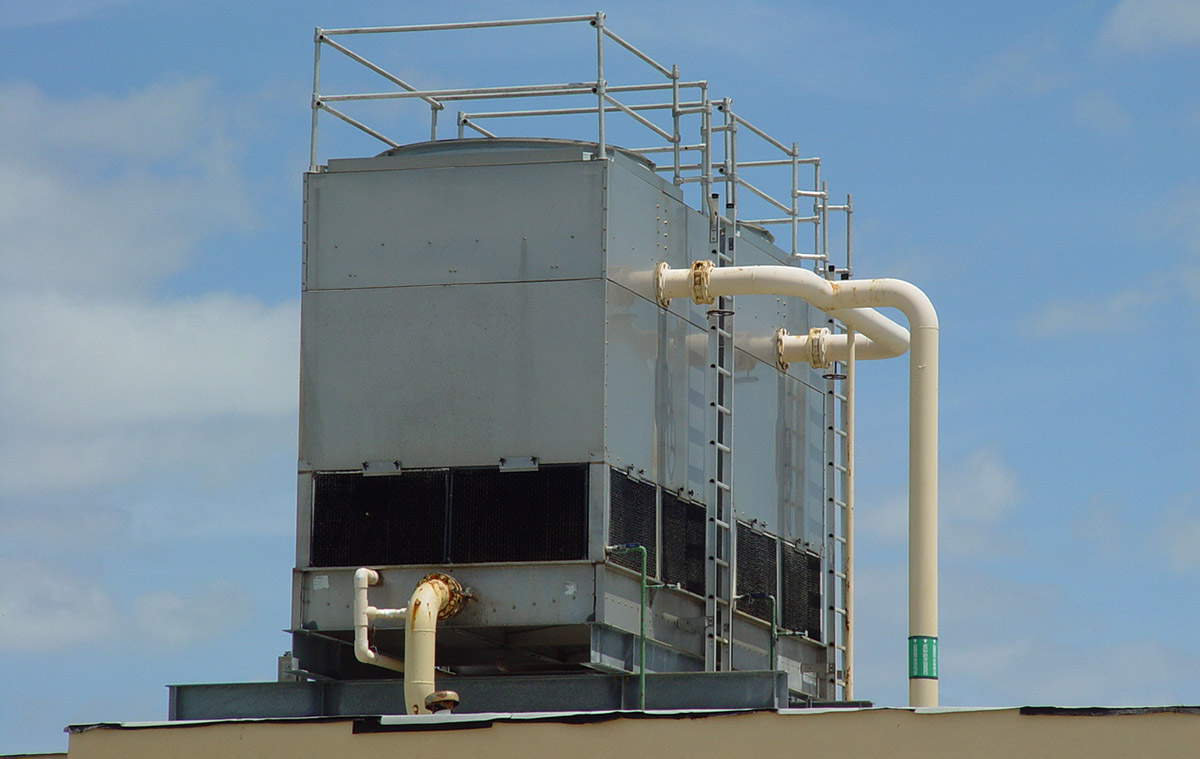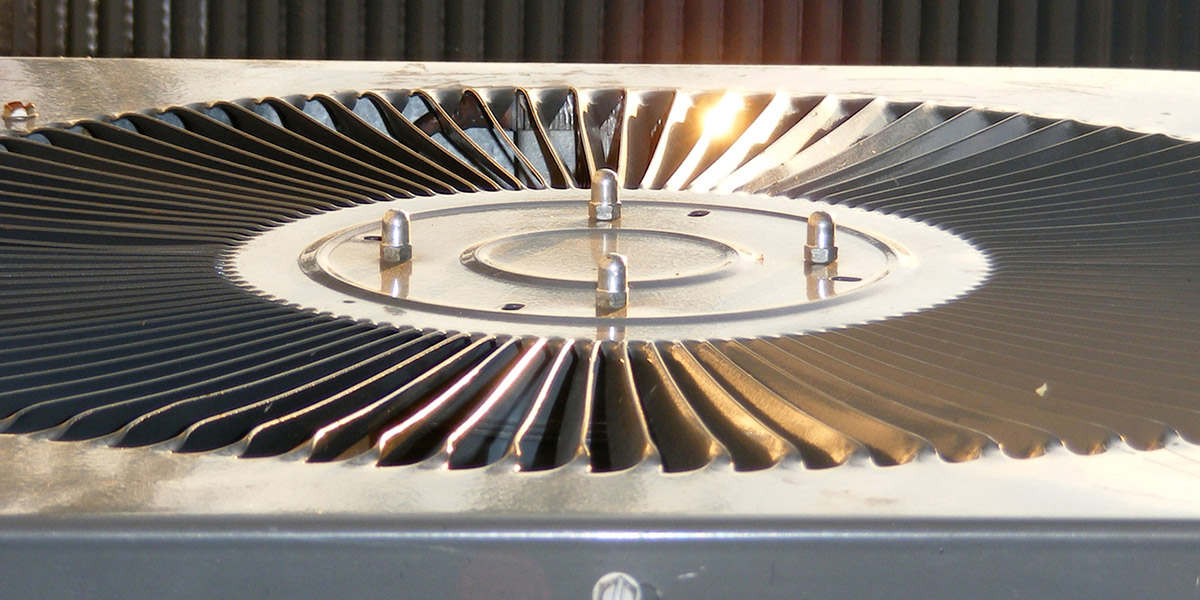
Modern HVAC systems are built to last a long time – but they won’t last a lifetime. An average system lasts between 10-15 years, but after that, its efficiency starts to decrease. You might notice that your HVAC system needs more attention and frequent repairs.
Below are five tips that will help keep your HVAC system running efficiently.
1. Change the Filter Regularly
The single most effective way to keep your heating and air system running efficiently is to replace the air filter. Fortunately, it’s easy and only needs to be done every 1-3 months. Good quality air filters are available at most home improvement stores, or you can purchase them in bulk online.
Look for a good quality air filter, as not all are created equal. If you’re not sure which air filter to choose, look in your manual (manufacturers recommend certain ones) or get a recommendation from your AC service in Gilbert.
2. Clean Ductwork Grilles and Vents
When you dust and clean the home, make a stop at your ductwork grilles and vents. Give them a quick clean so that you prevent dust and debris from entering the ductwork and affecting the system. For example, many people don’t realize that dust from the return air vents can get into the fan blades, and once accumulated, can cause loud noises and inefficiency.
3. Keep Registers Open and Clear
Another important step to take is to keep registers open and unblocked. We realize that this isn’t always possible, but try to be mindful when arranging rooms.
To run efficiently, heating systems need to be balanced, and having the registers open and free allows this to happen. Blocking or closing off some of the registers can lead to inefficient operations and possibly the formation of mold in some sections of the ductwork.
4. Maintain the Outside Condensing Unit
Every few months, walk outside and make sure there is no debris blocking your outside condensing unit. This is especially important if you live by a lot of trees. Pick up branches, trim back bushes and pull weeds that might be blocking the unit. Also, refrain from storing lawn furniture and kids’ toys near the unit.
5. Schedule Yearly Inspections
Maintenance is an important part of keeping your HVAC system running its best. Check-in your manual to see what the manufacturer recommends. Some newer systems might only need maintenance once every year or two, while older systems might need it twice a year.
Not only does an inspection ensure that your system is looked at by a professional AC service in Chandler but also that it gets thoroughly cleaned. If there are problems, your technician will let you know, and you can fix them on the spot rather than being left without heat or air one day.
Bruce’s AC provides heating and cooling services to residential and commercial customers throughout the greater Phoenix area. If you’d like to learn more about our services and how they can prolong the lifespan of your HVAC equipment, give us a call today.
Photo Credit: FreeImages.com/KarlMooney















